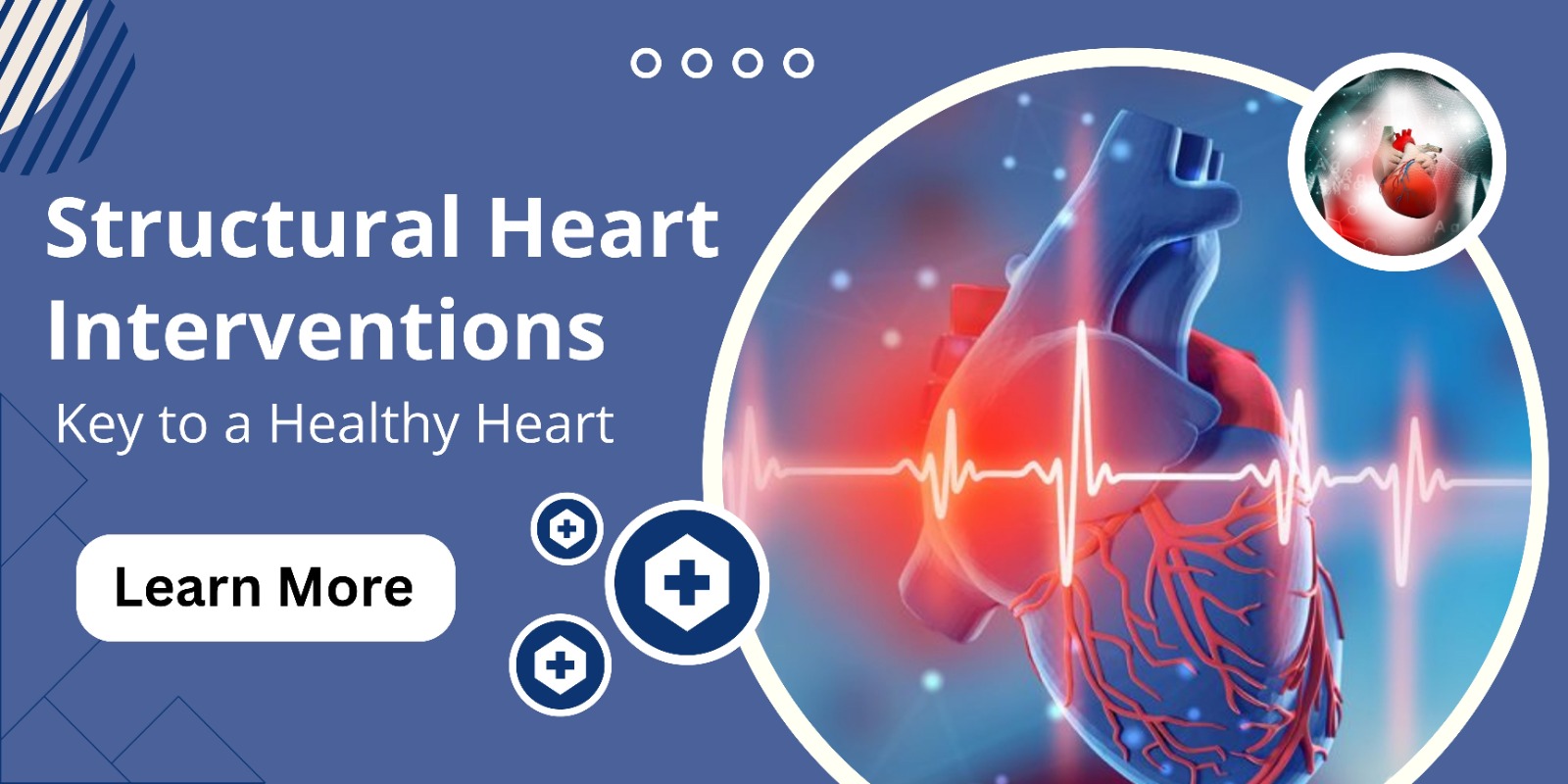Structural heart disease encompasses a range of conditions affecting the heart’s valves and chambers, often requiring specialized treatment to restore normal function. Traditional heart disease treatments often fall short for these unique conditions, making structural heart treatments a crucial area of cardiology. This article explores what structural heart treatments are, how they work, and the benefits they offer.
What Are Structural Heart Treatments?
Structural heart treatments are innovative medical procedures designed to correct abnormalities in the heart’s structure. Unlike traditional treatments that focus on managing symptoms, these procedures aim to address the root cause of heart disease. Common conditions treated include:
- Valvular Heart Disease: Problems with the heart valves, such as stenosis (narrowing) or regurgitation (leakage), can disrupt normal blood flow.
- Atrial Septal Defect (ASD): A hole in the wall separating the heart’s upper chambers.
- Patent Foramen Ovale (PFO): A persistent opening between the heart’s upper chambers that should close after birth.
- Hypertrophic Cardiomyopathy (HCM): A condition where the heart muscle becomes abnormally thick.
Types of Structural Heart Treatments
- Transcatheter Aortic Valve Replacement (TAVR):
TAVR is a minimally invasive procedure used to replace a faulty aortic valve with a new one. Unlike traditional open-heart surgery, TAVR is performed through a catheter inserted into a blood vessel, often in the groin or chest. This approach reduces recovery time and surgical risks, making it suitable for high-risk patients who may not tolerate open-heart surgery. - MitraClip Therapy:
For patients with mitral valve regurgitation, MitraClip therapy provides a less invasive option than surgery. The MitraClip device is implanted via a catheter to clip together the edges of the mitral valve, reducing leakage and improving heart function. - Septal Closure Devices:
These devices are used to close ASD or PFO. They are implanted through a catheter, effectively sealing the hole and restoring normal blood flow between the heart’s chambers. - Balloon Valvuloplasty:
This procedure involves inflating a balloon inside a narrowed heart valve to widen it. It is often used for patients with valvular stenosis who are not candidates for surgery.
How Do These Treatments Help?
Structural heart treatments offer several benefits over traditional methods:
- Minimally Invasive: Many structural heart procedures are performed using catheters rather than open-heart surgery. This approach involves smaller incisions, resulting in less pain and shorter recovery times. For instance, procedures like Transcatheter Aortic Valve Replacement (TAVR) are performed with minimal disruption to the body, allowing patients to experience a quicker recovery.
- Improved Quality of Life: By directly addressing the structural issues within the heart, these treatments can significantly alleviate symptoms such as breathlessness, fatigue, and reduced exercise tolerance. This can lead to an overall enhancement in daily living and a better quality of life for patients.
- Reduced Risk: For patients deemed high-risk for traditional open-heart surgery, structural heart treatments offer a safer alternative with lower surgical risks. Procedures such as MitraClip therapy or septal closure device implantation are designed to be less invasive, reducing the potential for complications.
- Faster Recovery: Minimally invasive techniques enable patients to resume normal activities more swiftly compared to traditional surgical methods. This means less time spent recovering in the hospital and a quicker return to everyday life.
For expert care in structural heart treatments, consult with Dr. Puneet Verma , at ACE Heart & Vascular Institute for best heart treatment in Mohali . Dr. Verma’s extensive experience and specialized training ensure that patients receive the highest level of care and the most effective treatment options available. He is the Best heart doctor in Mohali .
Conclusion
Structural heart treatments represent a significant advancement in cardiology, offering hope and improved outcomes for patients with complex heart conditions. These procedures not only address the underlying causes of heart disease but also provide a less invasive alternative to traditional surgery, improving both the quality of life and overall heart health. For those seeking specialised care, ACE Heart & Vascular Institute has seen remarkable progress, with top-notch facilities and experienced professionals offering cutting-edge solutions. you can contact us at +91 9041387878.













